In early November 2025, one of the most watched votes in corporate governance circles emerged: Norges Bank Investment Management, the manager of Norway’s sovereign wealth fund (officially the Government Pension Fund Global), disclosed that they intend to vote against the proposed massive compensation package for Elon Musk at Tesla, Inc.—a package that could reach up to US$1 trillion over the next decade.
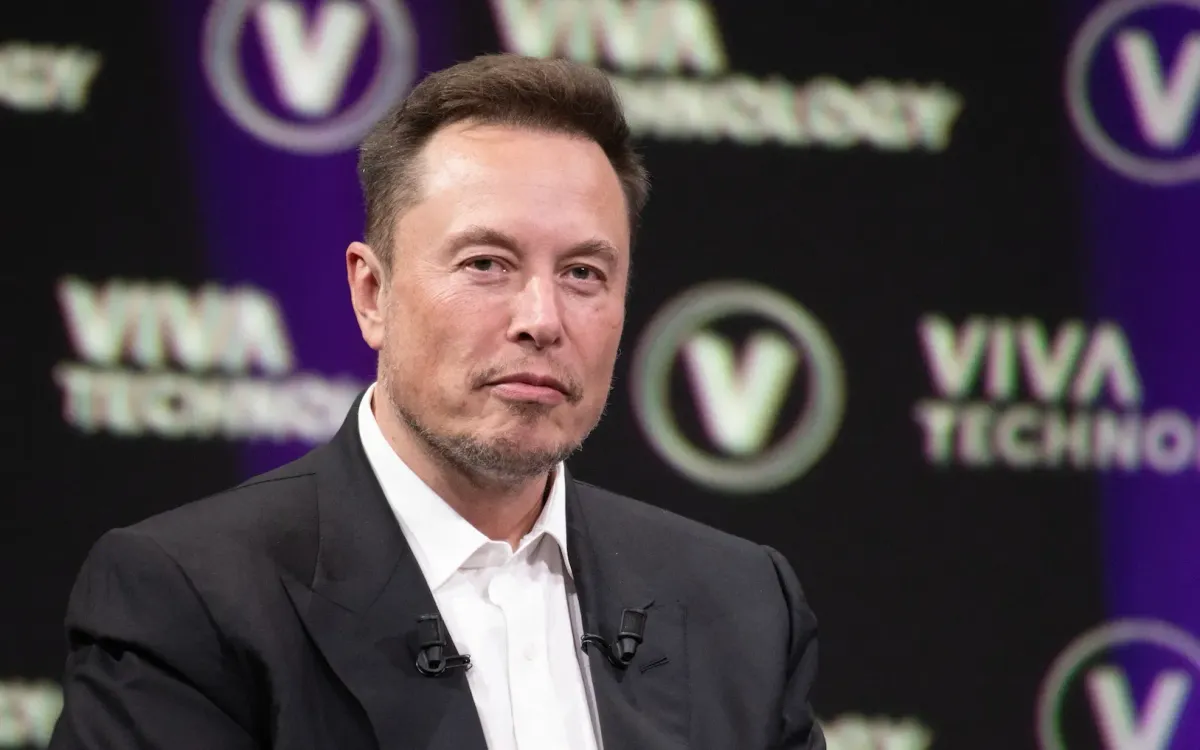
This decision marks a significant moment: an influential institutional shareholder openly rejecting one of the largest CEO pay packages ever proposed. The vote reveals deeper issues in executive compensation, governance, shareholder rights, and how much risk investors are willing to tolerate when one individual holds outsize influence in a company. The story demands unpacking: what is the package? Why the opposition? What might this mean for Tesla and for corporate governance at large?
What’s on the Ballot: The Tesla Pay Package
Tesla’s board has proposed a compensation arrangement for Elon Musk that is tied to extremely ambitious performance milestones. According to filings and reports, the package would award Musk equity options or restricted stock units representing up to approximately 12 % of Tesla’s outstanding shares, contingent on the company hitting targets such as increasing its market capitalisation to US$8.5 trillion, launching and scaling new product lines (like robotics), and surpassing major operating profit thresholds.
If fully realised, the package might make Musk the world’s first trillionaire and would represent one of the largest pay awards in corporate history. While Tesla management argues the package aligns Musk’s incentives with long‑term shareholder value, many investors question whether the performance conditions are realistic, whether the dilution is justified, and whether the plan adequately addresses what’s known as “key person risk” (the danger to a company if a single individual departs or fails to perform).
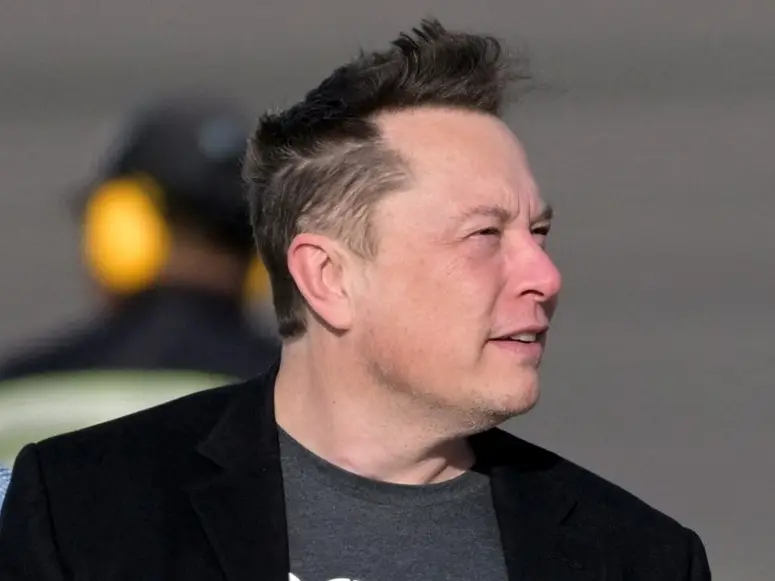&imwidth=800&imheight=600&format=webp&quality=medium)
Why the Norwegian Fund Is Saying “No”
Norges Bank Investment Management provided a statement laying out its objections. Despite acknowledging Musk’s “visionary role” and the value he has created, the fund cited concerns:
The total size of the award is “unfathomably large.”
The potential for shareholder dilution—if Musk is awarded such a large block of shares, other shareholders’ ownership could be weakened.
The company’s dependence on Musk (key person risk) is high, yet the compensation design may not sufficiently address what happens if he leaves or under‑performs.
The fund says the governance structure and independence of Tesla’s board have to be stronger to justify such a payment.
In short: the fund is signalling that it believes this isn’t just about alignment of incentives, but about whether the size and structure of the package are compatible with standard governance norms.
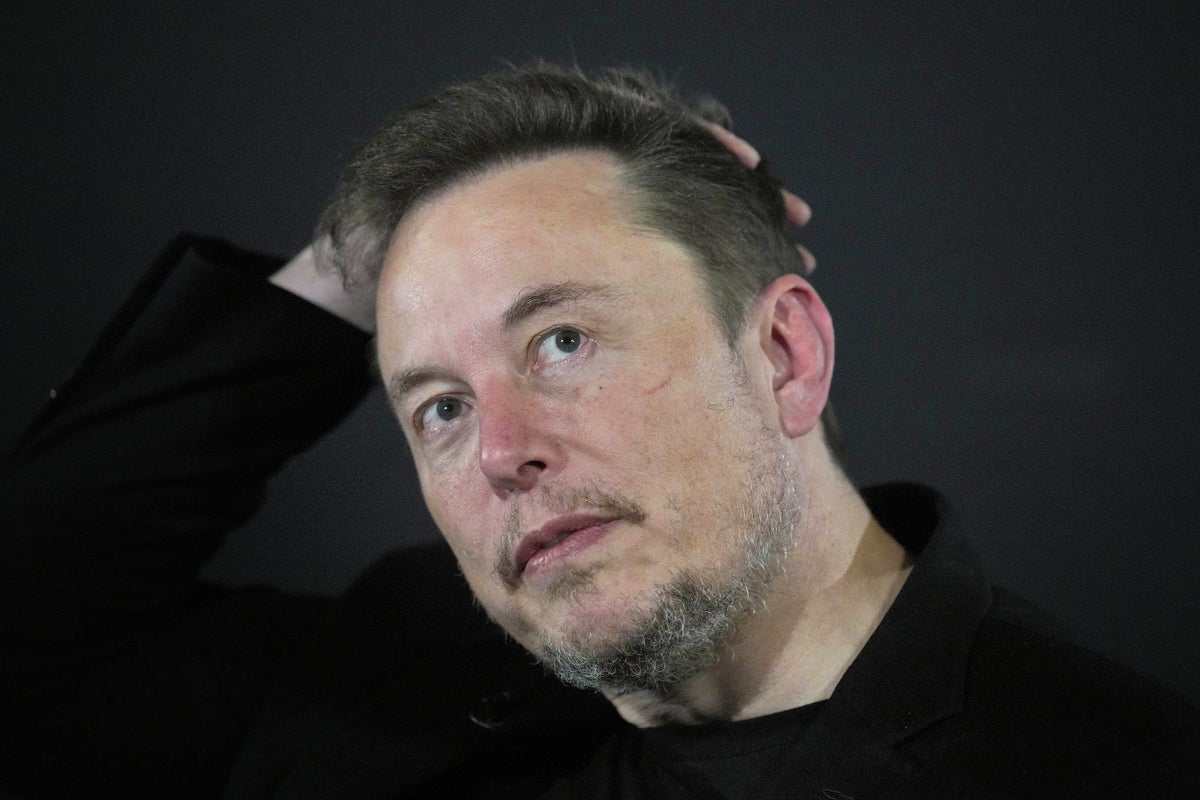
The Broader Governance Stakes
This move by a major institutional investor raises several important questions for corporate governance:
1. CEO dominance and board oversight. When a CEO holds large personal ownership (Musk holds ~15.79 % of Tesla’s shares) and drives strategy, the board must be carefully independent to protect shareholder interests. Many critics argue Tesla’s board hasn’t met that standard>2. Pay for performance vs. pay for promise. The performance hurdles in this package are highly ambitious. If those goals are not met, but the CEO still extracts value, shareholders lose. Past experience (the 2018 Musk package later voided) has shown risk.
3. Dilution and share value. Large awards diluting existing shareholders can be viewed as transferring value away from many to one. That matters especially when the award is extremely large in magnitude.4. Institutional investor activism. The public “no” vote from Norway’s fund is a sign that some major investors are willing to publicly challenge what they see as misaligned management incentives. That may embolden others.5. Reputation and risk to the company. If the package is perceived as excessive, it may hurt Tesla’s reputation, attract regulatory scrutiny, or encourage rival investors to oppose.
Counter‑Arguments: Why Some Support the Package
Not all shareholders are opposed. Some, including smaller investors and Musk’s supporters, argue:
Musk is the driving creative and operational force behind Tesla, SpaceX, and the broader technology ecosystem. Without him, many believe Tesla’s future would be far less bright.
The magnitude of the pay package is justified by the scale of what Tesla is attempting: shifting global energy, transportation, robotics, AI. The compensation is framed as a “moon‑shot” bet.
Keeping Musk incentivised and aligned is vital to maintaining Tesla’s innovation edge. Losing him would be far more costly than the cost of compensation.
Supporters argue that if performance targets are hit, the award is “earned,” not simply handed out.
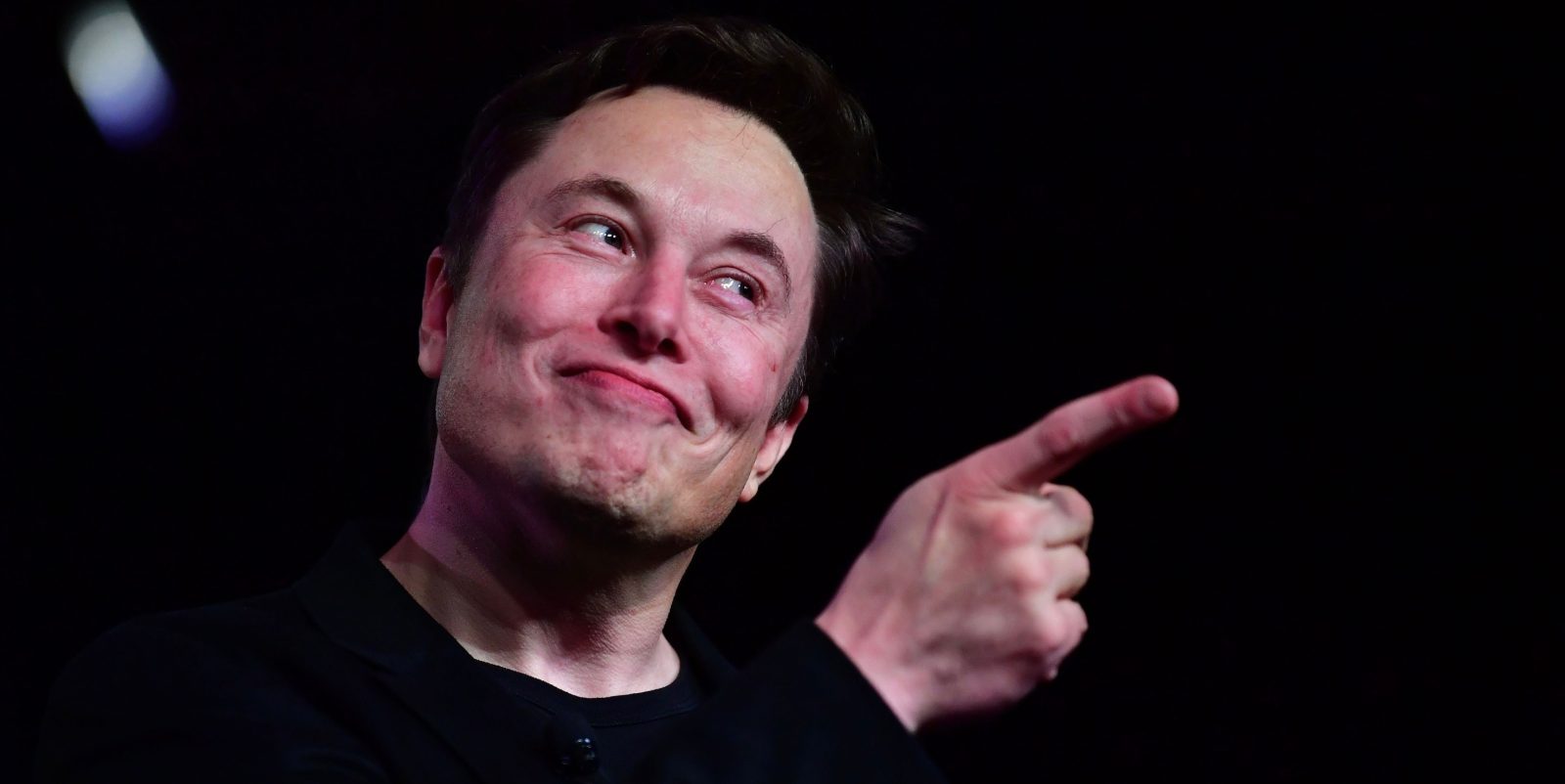
For example, Baron Capital Management, a smaller investor (0.4 % stake), has publicly said they will vote in favour of the package, citing Musk’s “uncompromising standards” and value creation.

Implications for Tesla, Musk and Shareholders
For Tesla:If major shareholders vote “no,” it could raise serious questions about company governance and might complicate Musk’s leadership legitimacy. The board may be forced to revisit the package, adjust its structure or delay implementation. Tesla’s share price could also be sensitive to the outcome, as governance concerns can weigh on investor sentiment.
:max_bytes(150000):strip_icc()/GettyImages-2074368931-9b7537c5f540449f95d8df65773dba63.jpg)
For Musk:Public opposition represents a reputational risk and could undermine his leverage within Tesla’s board. If the package fails, Musk may rethink his role or confirm earlier comments about leaving, though such talk itself is a powerful bargaining chip.
For Shareholders:This vote is a reminder of the power of institutional investors and proxy advisory firms. How shareholders view compensation alignment, dilution and governance may increasingly determine outcomes at major public companies. The case may create precedent for how extreme pay packages are judged going forward.
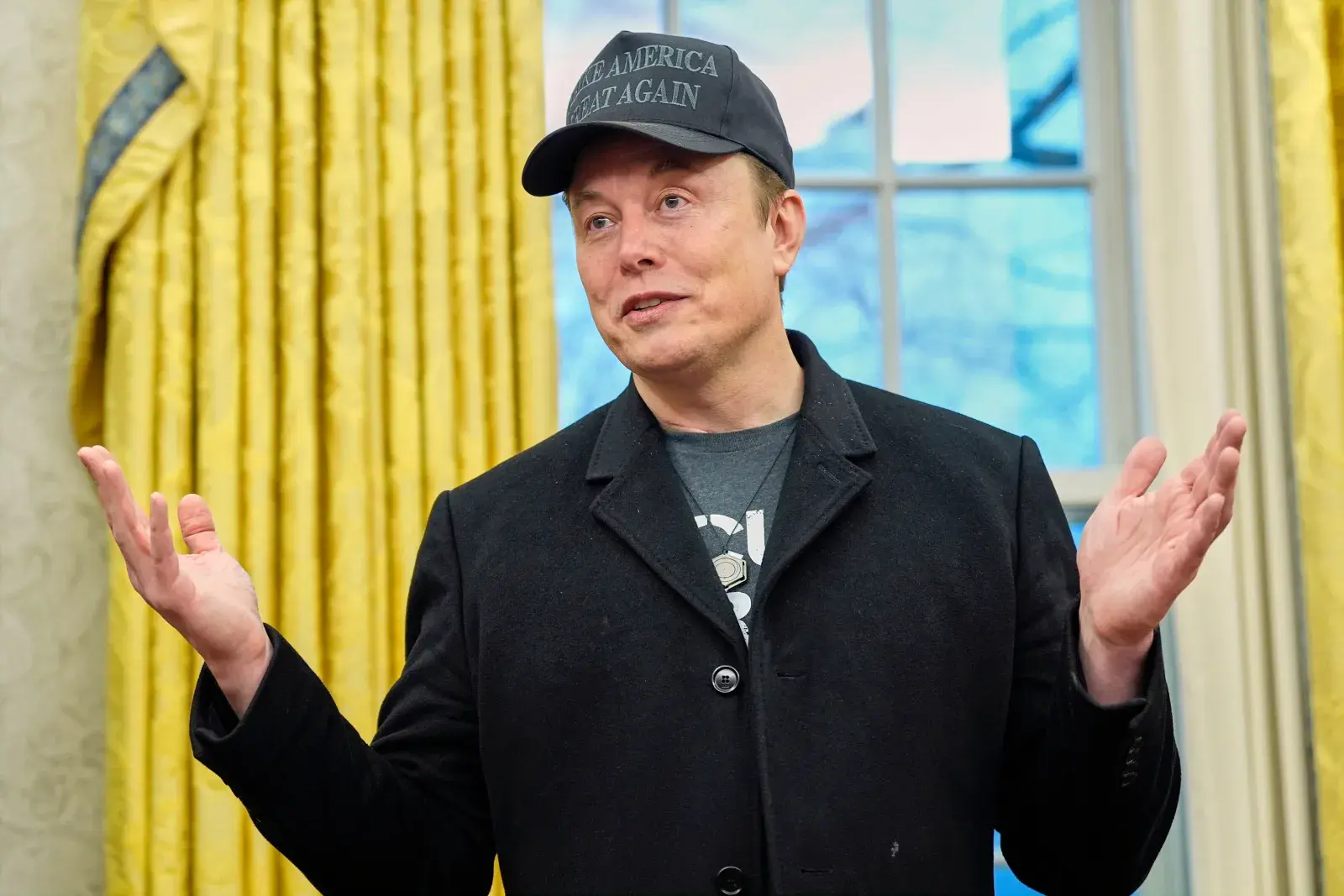
For Corporate Governance:The Tesla case may prompt broader discussion about the limits of CEO pay, how performance targets are designed, and how much control a CEO should have in setting his own award. The visibility of the dispute may put pressure on regulators and advocacy groups to consider reforms in executive compensation disclosure and shareholder voting rights.

What to Watch Next
The Vote Outcome: Tesla’s annual shareholder meeting is scheduled for November 6, 2025. Whether the pay package is approved or rejected will provide concrete evidence of shareholder sentiment.
Board Reactions: How the board responds to a “no” vote—whether it revises the proposal, engages with dissenting shareholders, or pushes ahead regardless—will signal how serious Tesla is about governance.
Performance Milestones: Tracking whether Tesla meets the lofty targets set out (market cap, profitability, product launches) will determine if the package was justified. If performance lags, opposition may grow.
Investor Voting Trends: Will other large institutional investors follow Norway’s fund and oppose the package? Or will they vote in favour, signalling acceptance of the model? The votes of Vanguard, BlackRock and others will matter.
Regulatory / Legal Implications: Given Tesla’s history (the 2018 package was voided by the Delaware court), legal scrutiny may re‑emerge if shareholders believe governance standards were not met.

Conclusion
The decision by Norway’s sovereign wealth fund to vote against Tesla’s proposed $1 trillion compensation package for Elon Musk is far more than a single investor choosing “no.” It’s a signal, perhaps a turning point, in how shareholders evaluate outsize CEO awards at transformational companies. It underscores the tension between rewarding visionary leadership and protecting accountable governance.
For Tesla and Musk, the stakes are the highest. The vote will test how much support Musk retains from major shareholders beyond his personal stake, how Tesla’s board responds to governance pressure, and how the market reacts to a governance flashpoint at one of the world’s most influential technology companies.